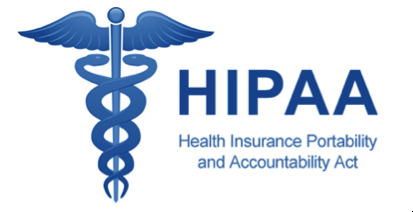Cyber Security + HIPAA Compliance
Attackers can exploit vulnerabilities on a computer systems or computer networks. Attackers can gain access to systems by obtaining credentials of network administrators and others with high levels of network access and privileges. Also, attackers will look for hard-coded passwords in configuration files of application software or passwords that are transmitted.
To assist in security your computers and networks, Covered Entities and Business Associates should consider:
•
Assign system administrators the daily task to read and decipher network and system activity logs. Firewall logs are also very important in catching network traffic and activity.
•
Segmenting networks and important data.
•
Patching systems and implement application whitelisting.
•
Limiting access privileges and enable file access logging and monitoring for information systems.
•
Removing hardcoded passwords and legacy protocols that transmit passwords in clear text.
•
Implementing a device that monitors network activity and produces logs that can record anomalous activity.
•
Make sure all devices attached to the network have antivirus and anti-malware definitions updated and auto scanning is enabled.
•
Make sure all operating system software patches are up to date and make sure your operating systems are supported.

